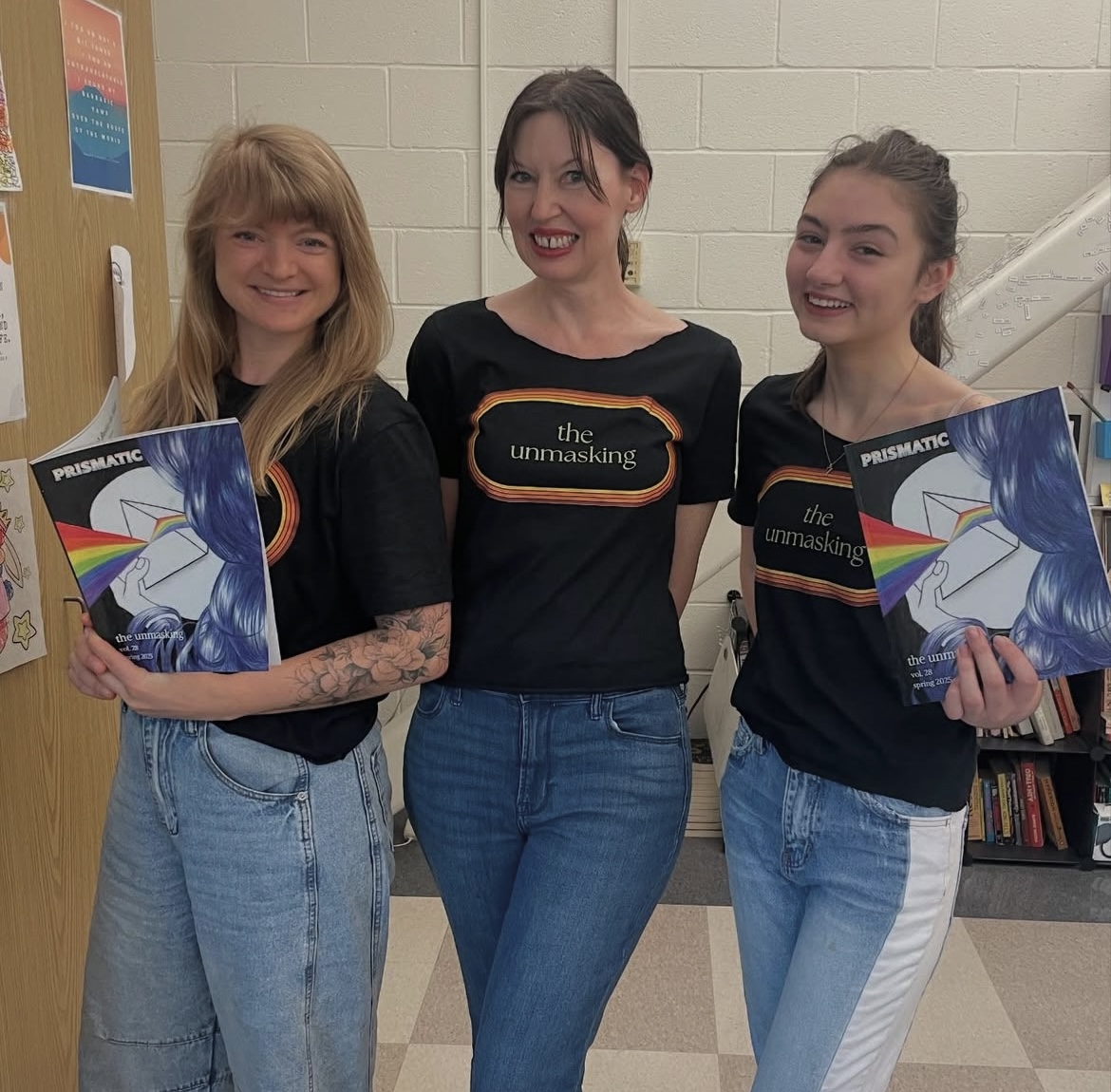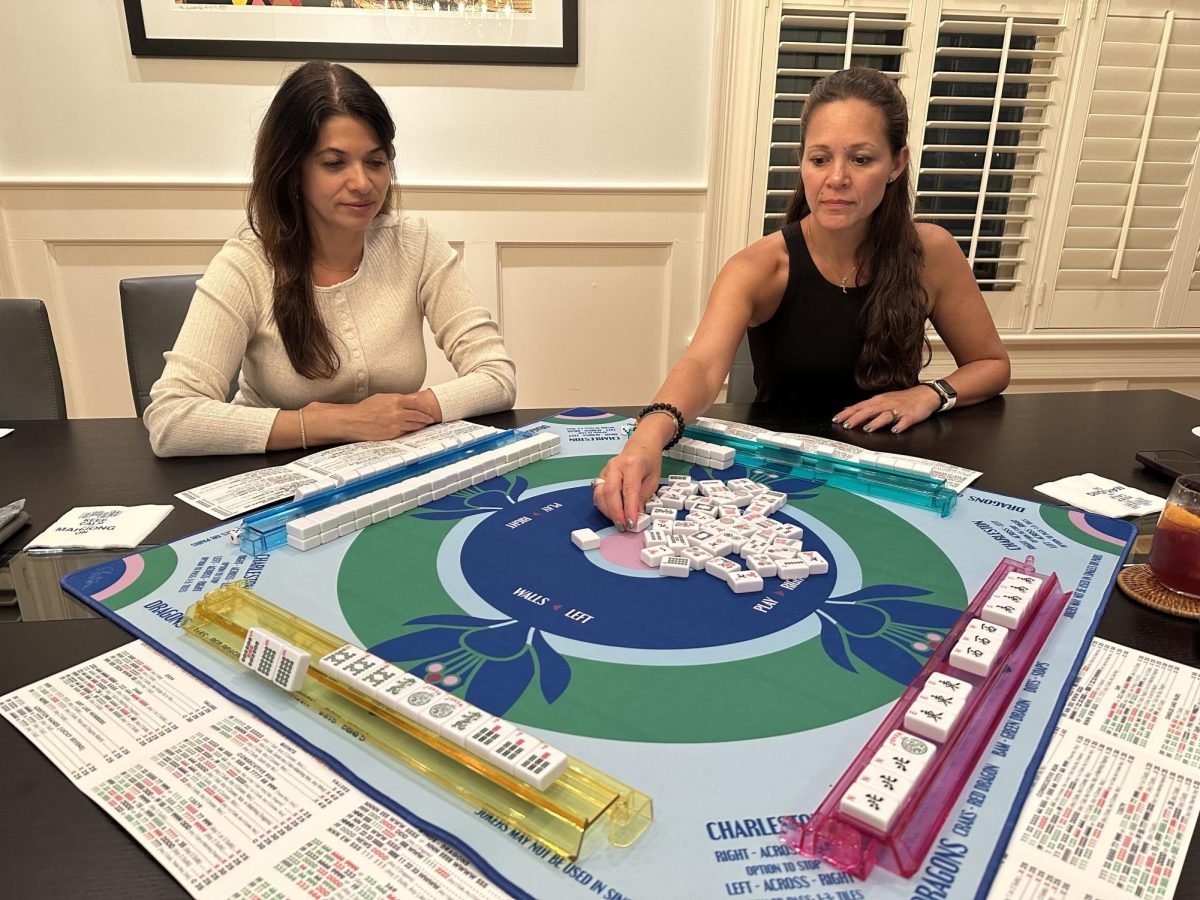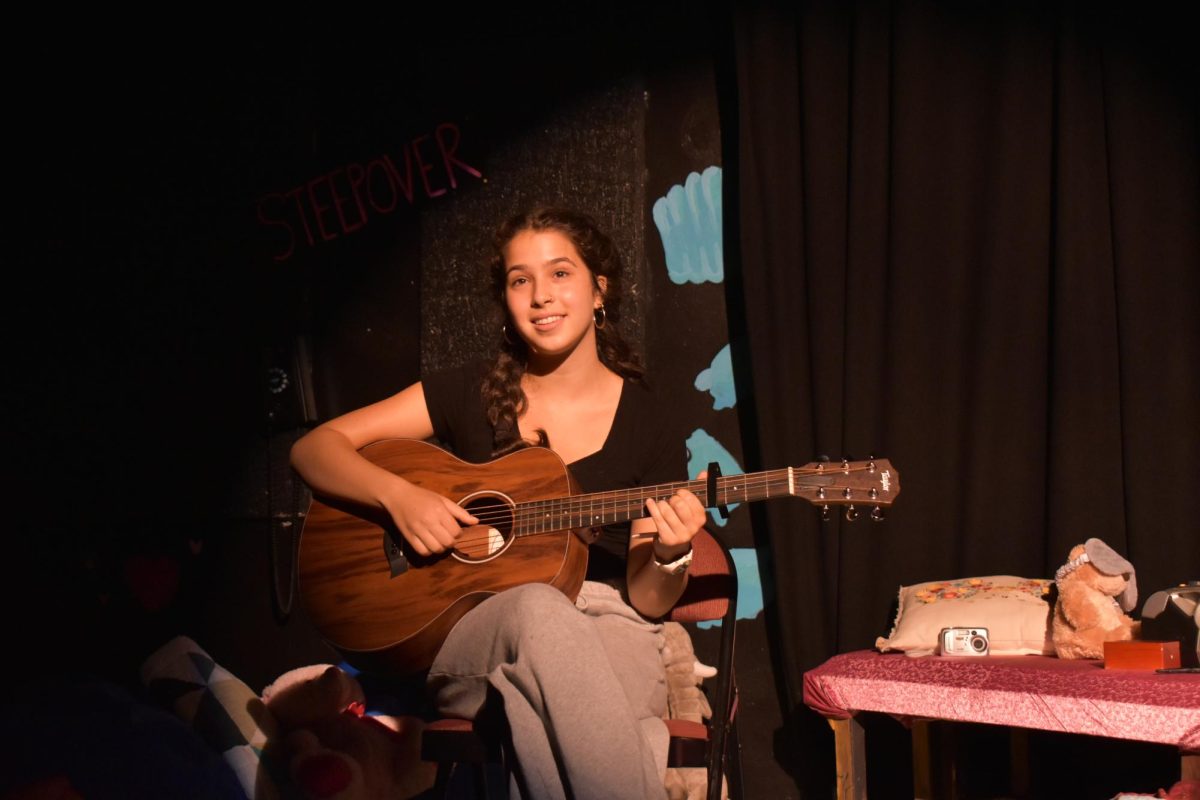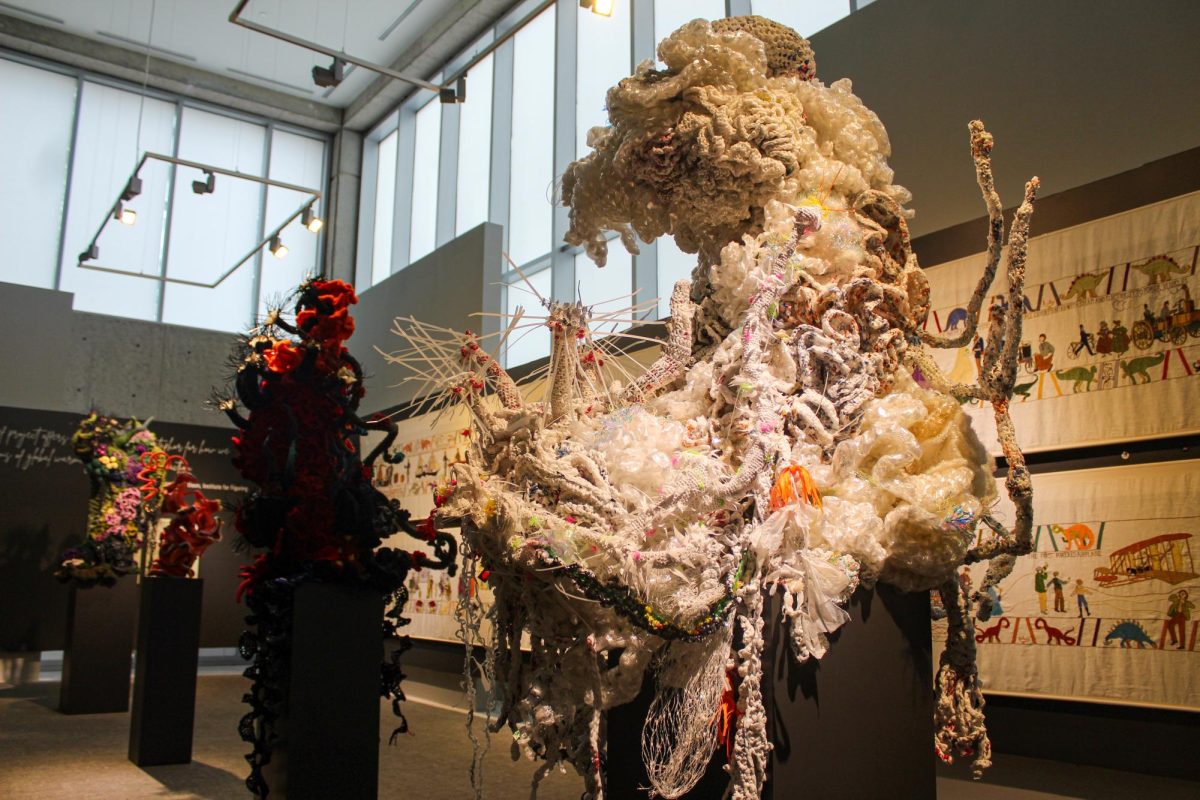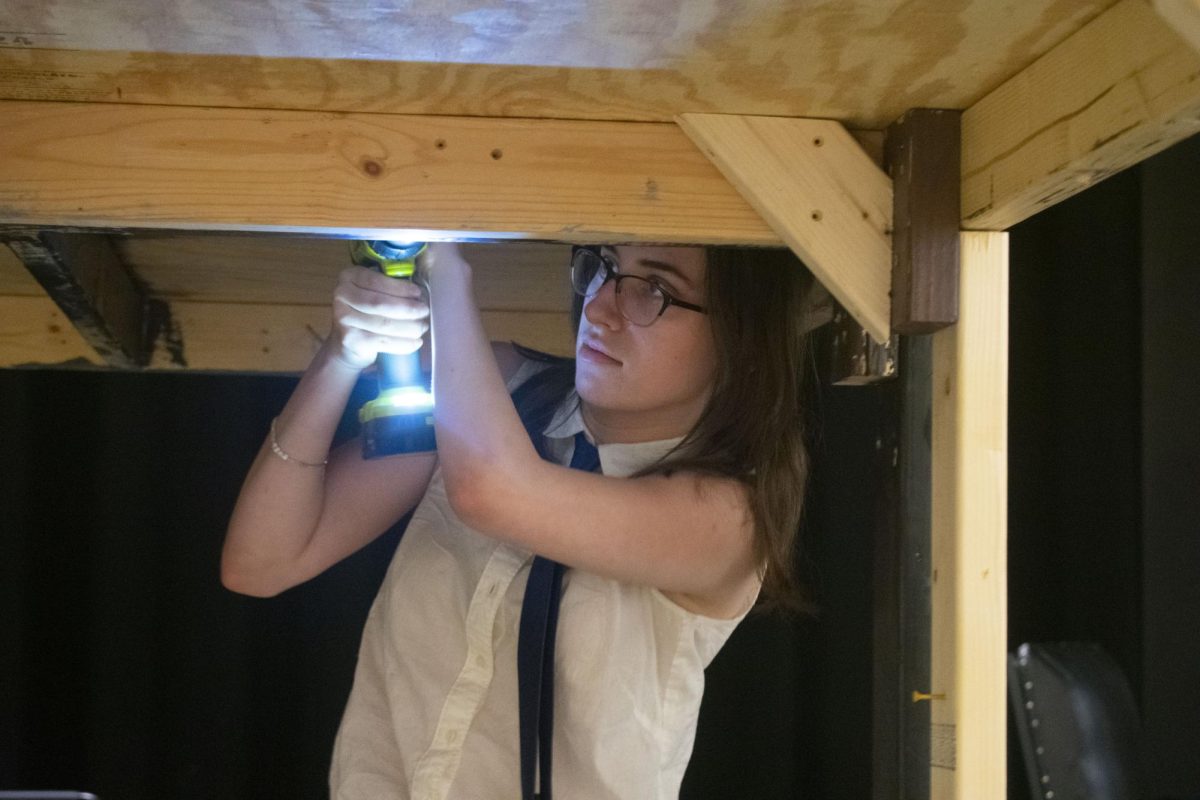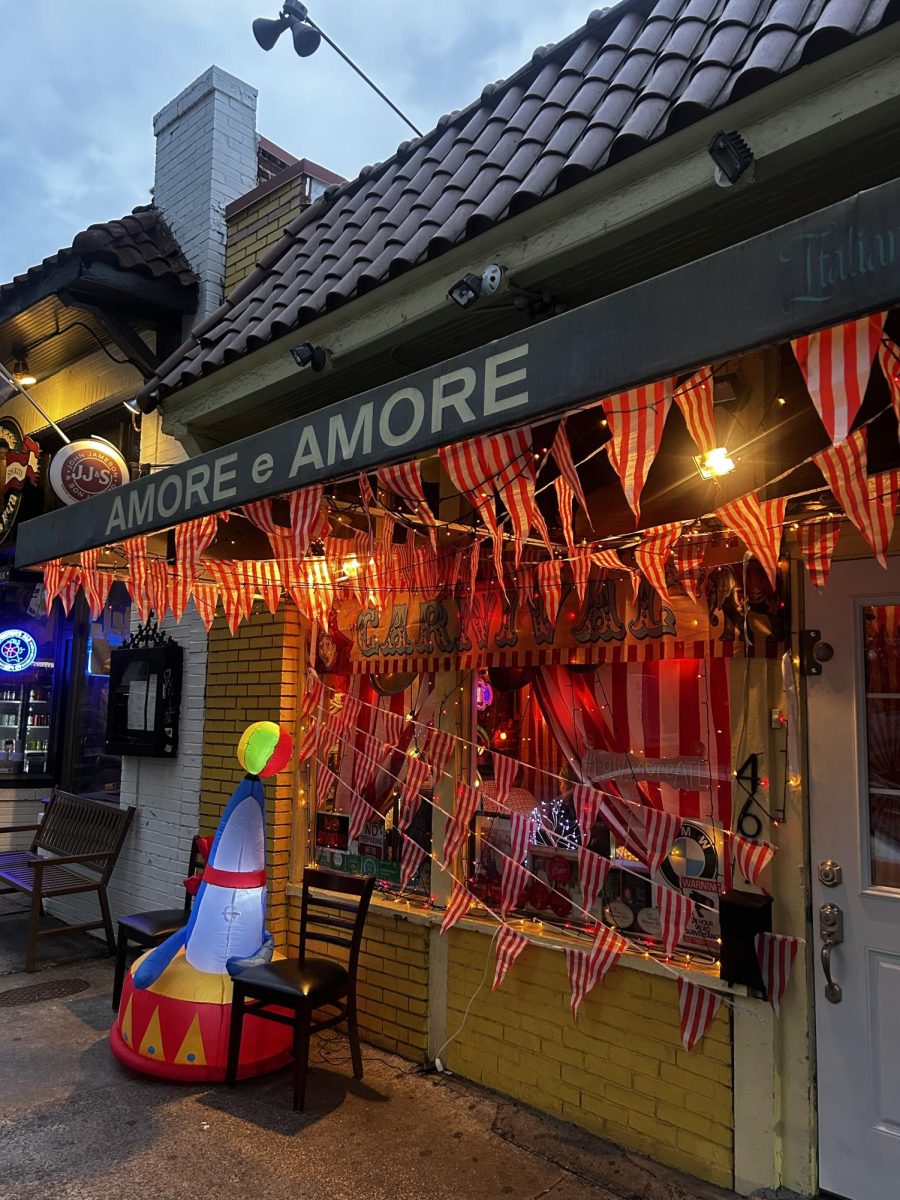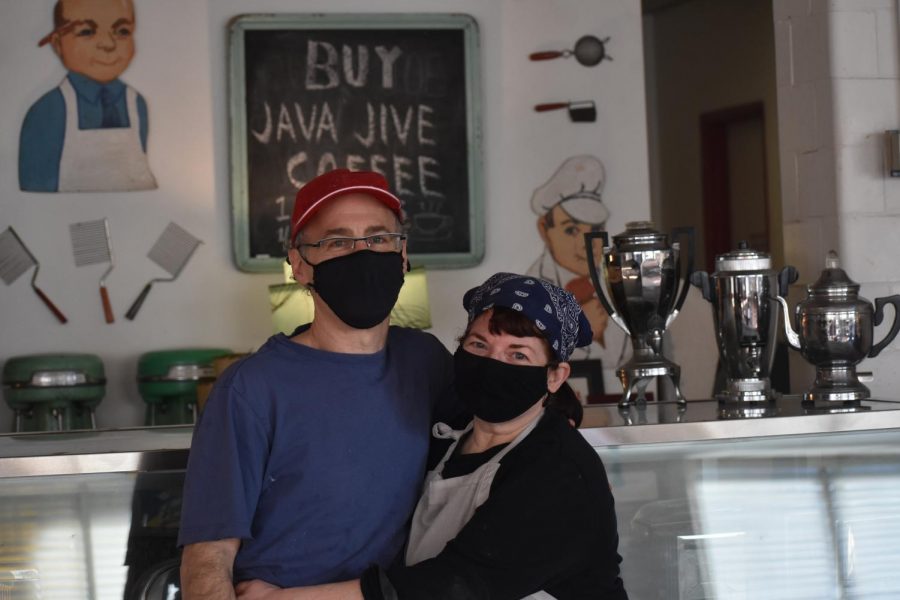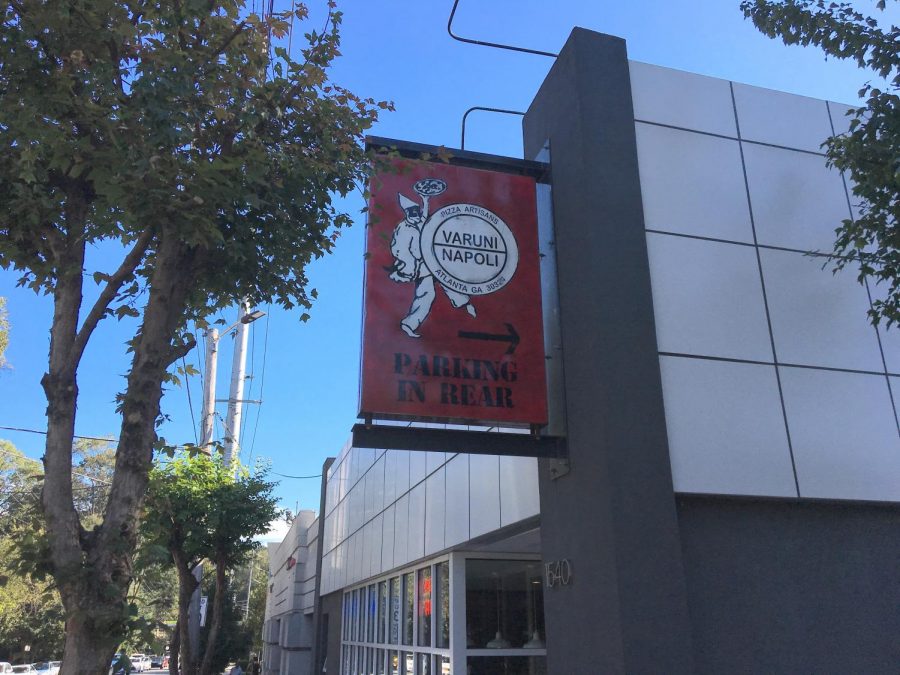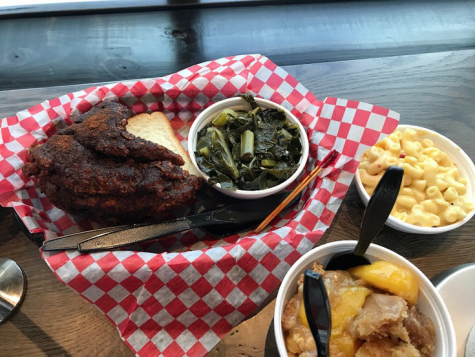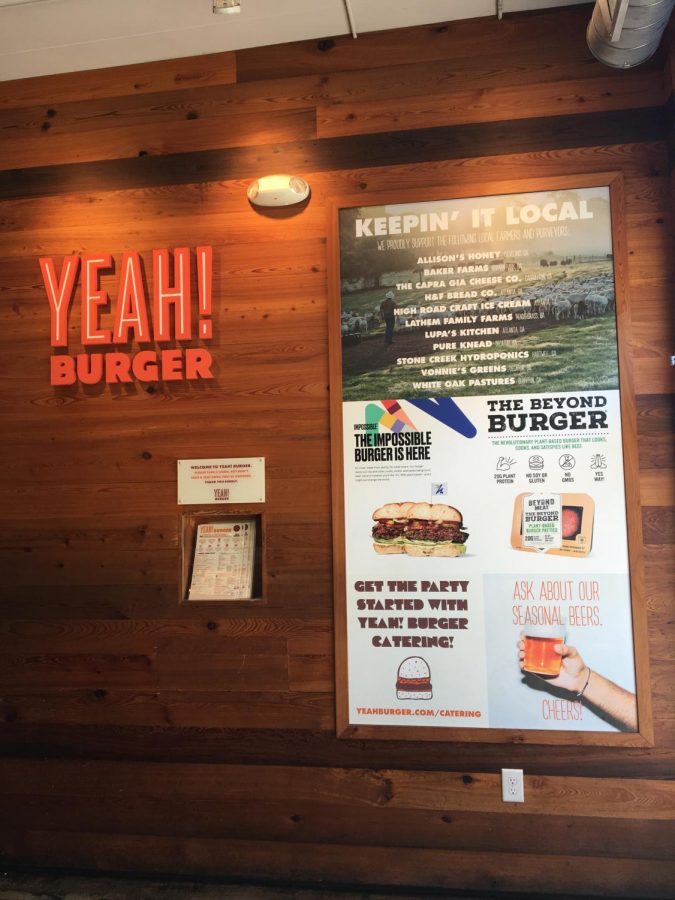
Krog Street Market, the long-awaited food-hall style market located at the corner of Krog St. and Irwin St., finally opened its doors on Nov. 24. The market hosts 20 different dining and retail vendors including Xocolatl, an artisan chocolate shop specializing in bean-to-bar single-origin chocolate. Xocolatl is owned and operated by Matt Weyandt (class of ’97 Grady alumnus) and Elaine Read, a husband and wife team who traveled to Costa Rica, picked up chocolate-making skills, and ventured back to Atlanta. The specialty chocolate shop has been producing one-of-a-kind chocolate since it opened on Nov. 28.
The Southerner: Let me start by asking: how do you pronounce Xocolatl?
Matt Weyandt: We pronounce it xocolatl (CHOCK-oh-lattle). It’s the original, kind of pre-Mayan word for chocolate. But they would take the cacao, and they would grind it down in water and cornmeal and add—they didn’t have sugar—they would add spices, peppers and things. So xocol meant bitter, atl meant water, bitter water, and we just like ATL in the name. The Spanish would probably pronounce it like soh-coh-lat or shoh-coh-lat. You know, but it’s Atlanta we say PAWNCE duh Lee-on, so, CHOCK-oh-lattle. We figured we’d make it easier for folks, and no one really knows how it’s pronounced. It’s a dead language so no one really knows the actual pronunciation.
How did you get into making chocolate?
I did not have a food background. I had done political work since I had graduated from Emory, really. So I worked for Shirley Franklin when she ran for mayor the first time. I worked for some other campaigns, the Democratic Party of Georgia for a while; I was the executive director there. I was John Lewis’ campaign manager, … and my wife and I had gone traveling in Central America right after we met and prior to that we had both spent some time outside of the States and done some traveling, and Elaine … was doing humanitarian international development relief work. …We kept on talking about … doing some traveling and living outside of the U.S., and we kept putting it off and you know, ‘Oh the time’s not right,’ or whatever; and we just decided it was never going to get any easier. So we decided we were just going to go down to Costa Rica for an indefinite amount of time. We had one kid and another kid on the way when we decided that, and so we waited for our daughter to be born; we waited until she was 3 months old, and we went down to Costa Rica. … I wanted to do something outside of politics. I kind of wanted to make something with my hands, actually create stuff. And when we were down there we met people who … were growing cacao there in the forest, in the rain forest, and then taking it from the tree through the whole process all the way through, making dark chocolate bars. So we just got into it while we were down there and started working with them and kind of learning the process and decided we couldn’t stay in Costa Rica forever, but we’d come back and make chocolate …
Why did you choose Krog Street Market as your location?
Well we live in Old Fourth Ward. We’ve lived here since 2008…since I was at Grady it’s really changed dramatically, even in the last six years, but especially in the last 15 or 20 years. And [there’s] just a lot of energy. It’s very dynamic; there’s a lot of new stuff happening, and we can also walk to work. … It’s a good part of town to be doing sort of craft food stuff in. There’s a lot of people interested in farmers markets, where their food comes from, how their food is made and that’s kind of what we wanted to be a part of. …We intentionally did our production site here where people can see … the whole process and not just taste chocolate but actually learn and see how it’s made.
What are the different bars you sell?
Well [chocolate is] like coffee in that … most people aren’t used to this growing up, with like Hershey’s or whatever, you don’t get single-origin chocolate, where a bar from our Peruvian cacao is going to taste different from our bar with Madagascar cacao. So there’s a lot of flavor variety among the beans. So that’s a part of what we wanted to introduce people to. We do also have flavored bars where we’ve got an almond and sea-salt bar and we’re going to do a coffee bar. We are going to do some bars with coconut milk and stuff like that so we’ve got a line of flavored bars and then a line of single-origin bars, which are almost like flavored bars. The difference is just in the beans.
How does the open market concept differ from the traditional store?
It’s fun because I mean there’s a lot of energy here in the market. …We don’t have a big food background so it’s really cool to be around, some of the better chefs in the city. …You know it’s good to be exposed to them and then you’ve also got people coming here… they’re interested in food. That is exciting because we want to sort of share this education experience of where chocolate comes from, and it helps if people are already coming here interested in food.
Do you have any other future plans?
The main thing for us is growing. I mean, the response has been pretty overwhelming. We do about 17 different bars, but we’ve only been able to keep three bars on the shelves at a time. By the time we make the fourth bar, the first bar is sold out. We’re going to be adding another grinder, we are going to be adding more staff, more production staff. We haven’t even begun doing online sales or wholesales yet. There are a bunch of shops around town asking if they can carry our bars and right now we are having to say no because we can’t make enough to meet demand so it’s just about having to make more chocolate and grow here as much as we can, and we can think about … something else down the road.
With other chocolate shops around Atlanta like Cacao, how are you keeping up with the competition?
I think that the craft chocolate is still really young, you know, the industry is kind of where micro-brewery was like 15 years ago maybe, or 20 years ago. So Brooklyn has like a dozen bean-to-bar chocolate makers; Atlanta now has two. There’s probably room for a couple more, so we don’t really feel like we’re in competition with Cacao. … She was actually one of the early bean-to-bar chocolate makers, and she does a lot of other things other than the bar; she’s got the macaroons and then all of the other stuff. We are really more focused on the bars and kind of the single-origin and kind of introducing people to the variety you can get in chocolate just from the different beans. So we don’t really feel in competition. There’s more than enough people that like chocolate that we can have more bean-to-bar folks in Atlanta and be fine.
Talk about your background at Grady.
Grady was really formative for me, just the experience of growing up in town in a diverse community. You know, something that I kind of took to heart, and I think it’s one of the reasons why I was involved in politics for so long was wanting to do things that kind of work to make a more even playing field, not just in Atlanta, but in Georgia and nationally, and a lot of my motivation came from experiences growing up in town and being exposed to people from a lot of different backgrounds, whether it’s economic or racial or sexual orientation. And so yeah, that was formative, and I feel like what I’m doing now, though it seems completely different from politics on the surface, I mean the idea here is, I think, that where your food comes from is important and matters and one of the things that we’re focused on is where the beans come from and working with suppliers who we are paying above fair-trade prices for our beans and working with farmer cooperatives where it’s having a positive impact in the community in Peru or in Bolivia where we are getting the beans from, and that’s part of our motivation. The vast majority of the cacao in the world comes from West Africa; that’s where Nestlé and Hershey’s and Cadbury get all of their chocolate from. Most of it actually comes from Cote d’Ivoire, and there’s a lot of labor issues, child labor and, you know, it’s not quite on like the blood diamond scale, but it has not always been the best industry for the people in the countries that actually grow the cacao that we then eat as chocolate. So the craft chocolate movement is part of a larger food consciousness movement and about knowing where your food comes from, not just in the U.S. but the country of origin and making sure that we’re treating people fairly throughout the distribution chain. And that’s a long-winded way to say the values kind of instilled in me at Grady and just kind of growing up in town of realizing that the world is just made up of folks from a lot of different backgrounds and everybody deserves a fair shot and a fair shake and that there’s inequalities in the system that need to be addressed, and this is sort of just a different way to address it than working in politics.

